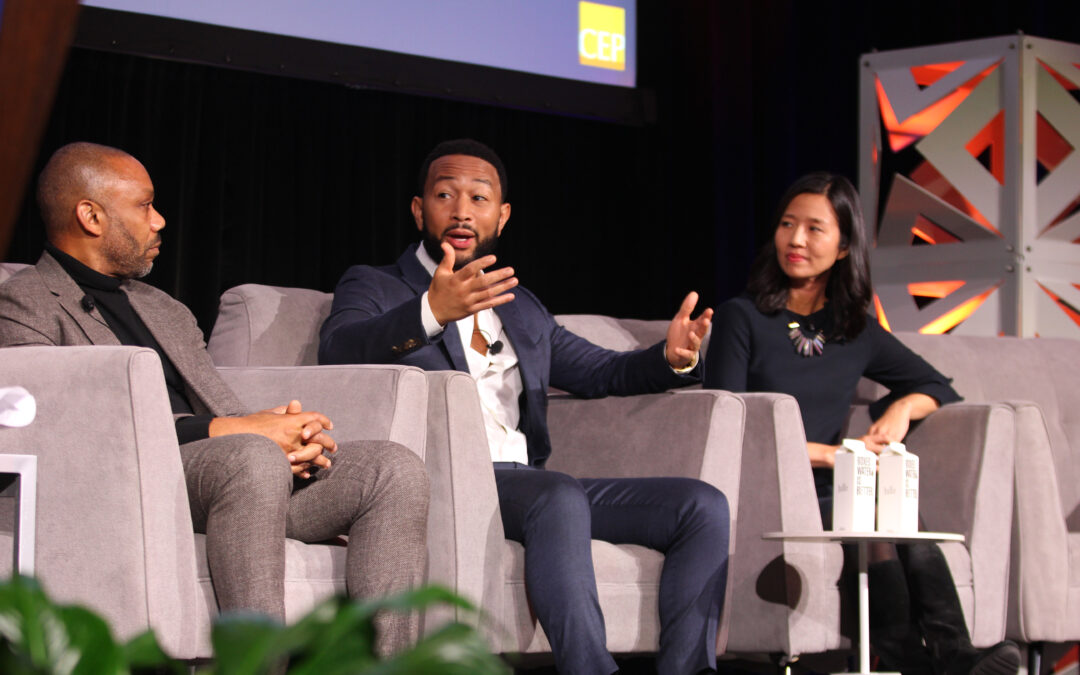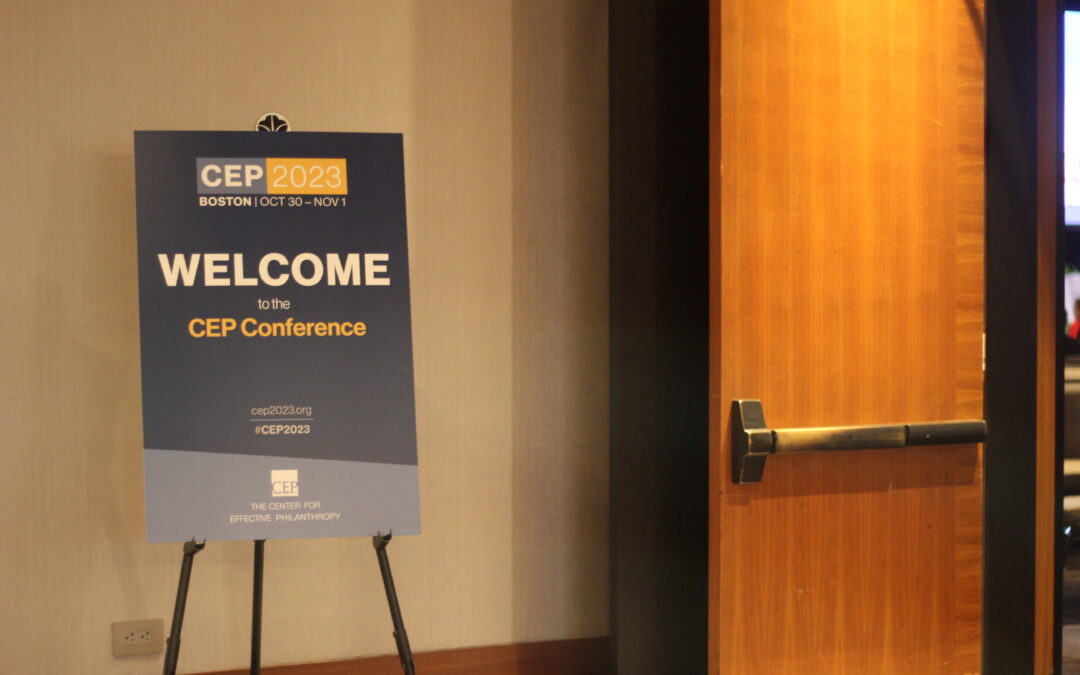
CEP2023 Day 3: But for (Effective) Philanthropy
This afternoon, as we closed the doors on the final session of the CEP conference, our whirlwind three days together at CEP2023 came to an end. As you each return to your own lives, families, and work, we hope you leave us with a plethora of new ideas, tools, and...

